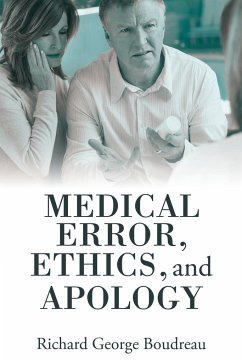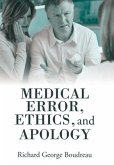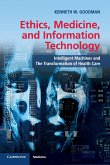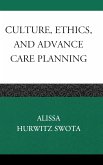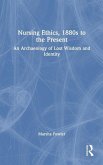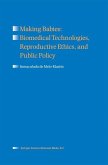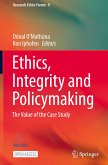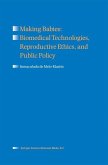Ethicists and medical scholars agree that adverse medical events should be disclosed to patients and families. However, defining what constitutes a medical error can be difficult. Richard George Boudreau, a maxillofacial surgeon, bioethicist, attorney, and forensic expert, examines medical errors and adverse medical events - as well as how apologies and disclosures can actually reduce litigation costs. Get the answers to questions such as: ¿ Why is litigation the wrong way to deal with medical error? ¿ What has led to the medical culture of deny and defend? ¿ How can disputes be resolved without litigation? ¿ Can communication and resolution programs be more effective? The book contains a history of medicine, medical errors, and litigation; outlines what philosophers have said about medical error; and contains case studies on what to do and what not to do.
Hinweis: Dieser Artikel kann nur an eine deutsche Lieferadresse ausgeliefert werden.
Hinweis: Dieser Artikel kann nur an eine deutsche Lieferadresse ausgeliefert werden.

